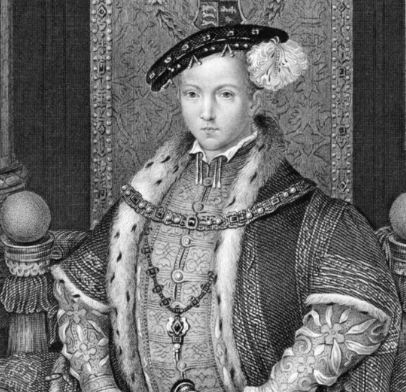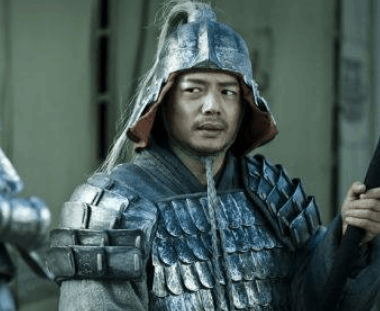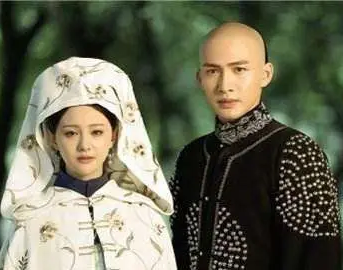Historically, the Fangla Rebellion was one of the largest peasant rebellions during the Northern Song Dynasty, causing significant damage to the Song Dynasty at that time. So, why did Fangla rebel? And how did this rebellion affect the Song Dynasty? This article will guide you through this history.

I. Background of the Fangla Rebellion
During the Northern Song Dynasty, the country's politics were corrupt, and the bureaucratic class was corrupt, resulting in the suffering of the people's livelihood. At the same time, foreign enemies such as Liao and Jin constantly harassed the country, causing financial strain on the national budget. Against this backdrop, the peasant rebellion led by Fangla emerged.
II. Reasons for the Fangla Rebellion
1. Political oppression: The Song Dynasty government at that time imposed strict exploitation and oppression on the peasants, resulting in their difficult living conditions and widespread dissatisfaction. Fangla himself was also arrested and imprisoned for resisting the authorities, which made him develop strong dissatisfaction towards the regime.
2. Economic difficulties: During the Northern Song Dynasty, the national finances were tight, and taxes were heavy. The peasants not only had to bear the heavy taxes but also endure the exploitation of usury, making their lives more difficult and leading them to revolt.
3. Ethnic conflict: At that time, foreign enemies such as Liao and Jin constantly harassed the territory of the Northern Song Dynasty, intensifying the ethnic conflict in the country. The Fangla Rebellion also broke out against this backdrop of intensifying ethnic conflicts.
III. Impact of the Fangla Rebellion on the Song Dynasty
1. Military blow: The Fangla Rebellion was massive, with the rebel army reaching hundreds of thousands at one point. They engaged in fierce battles with the Song army in the Jiangnan region, causing significant pressure on the Song military. Although the rebellion was ultimately suppressed, the Song Dynasty paid a huge price in this war.
2. Political impact: The Fangla Rebellion exposed the corruption and incompetence of the Northern Song government, leading to a serious crisis within the court. To quell public dissatisfaction, the court had to carry out a series of political reforms, such as weakening bureaucratic power and reducing taxes.
3. Social impact: The Fangla Rebellion stimulated the rebellious consciousness of the peasantry, prompting them to participate in revolt movements. This had a significant impact on the social order of the time and laid the groundwork for later peasant rebellions.
Conclusion: The Fangla Rebellion was an unprecedented peasant rebellion during the Northern Song Dynasty, causing significant damage to the Song Dynasty at that time. Although ultimately suppressed, it had a profound impact on the politics, military, and society of the Song Dynasty.
Disclaimer: The above content is sourced from the internet and the copyright belongs to the original author. If there is any infringement of your original copyright, please inform us and we will delete the relevant content as soon as possible.
































